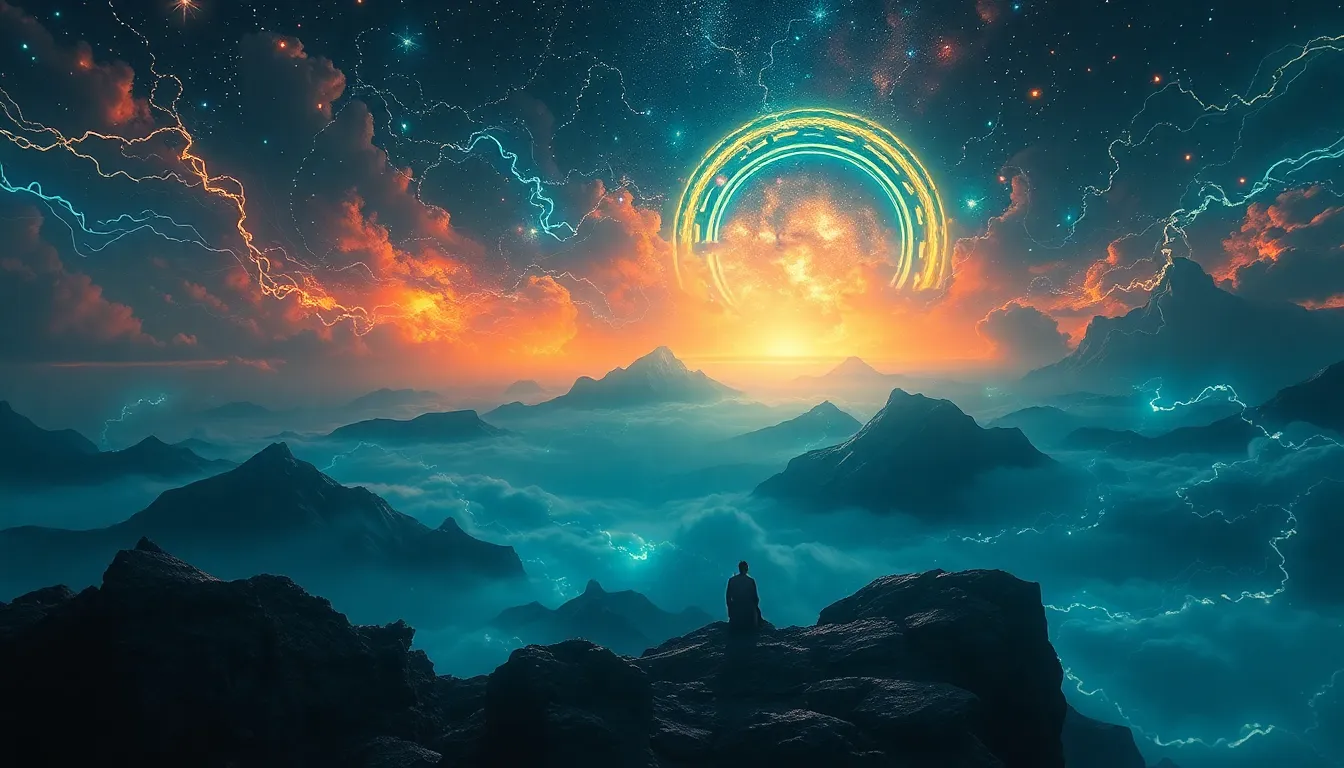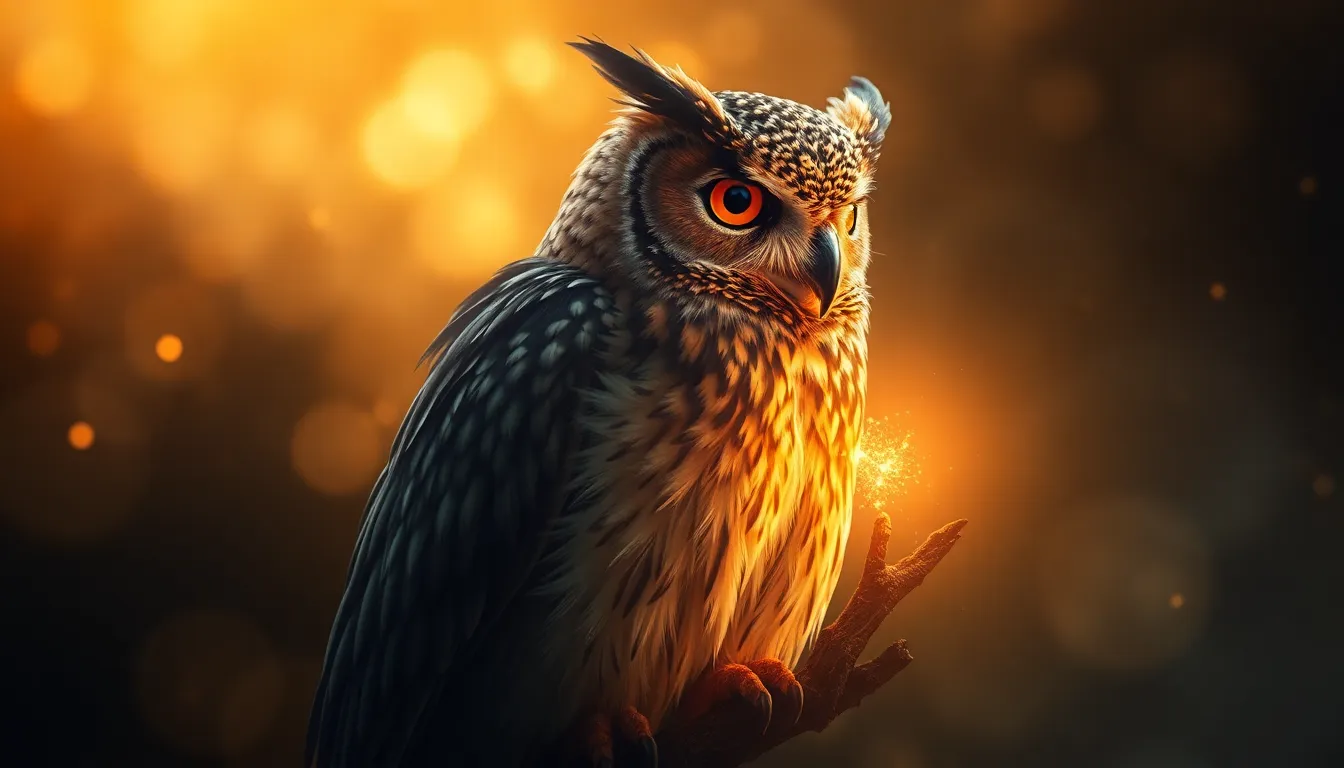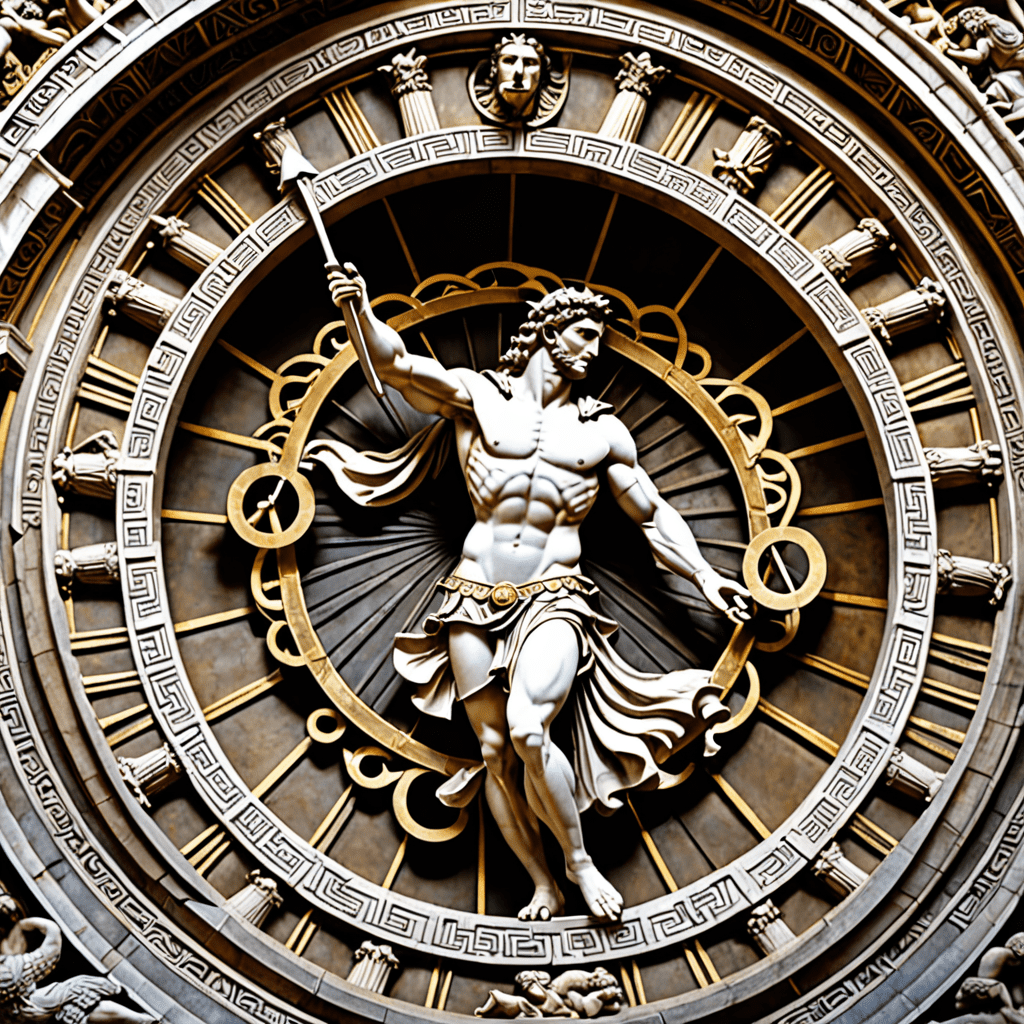The First Dream: How Creation Myths Inspire Imagination
1. Introduction: The Power of Creation Myths
Creation myths are foundational narratives that explain the origins of the world, humanity, and the universe. These stories vary widely across cultures but serve similar purposes in helping societies understand their place in the cosmos. They provide a framework for understanding existence and often convey moral and ethical lessons.
Across different civilizations, creation myths have played a vital role in shaping cultural identities and collective beliefs. They inspire imagination and creativity, serving as a source of inspiration for art, literature, and philosophy. By delving into these ancient stories, we not only uncover the imagination of our ancestors but also ignite our own creative potential.
2. Understanding Creation Myths Across Cultures
Creation myths exist in every culture, each reflecting unique worldviews and values. Some notable examples include:
- Egyptian Mythology: The creation myth of Heliopolis describes how the god Atum created himself and then brought forth other gods, leading to the creation of the world.
- Greek Mythology: In the Greek tradition, the Titan Cronus swallowed his children to prevent them from overthrowing him, illustrating themes of power and fear.
- Native American Myths: Various tribes have their own stories, such as the emergence of humans from a primordial underworld, emphasizing the connection between people and nature.
Common themes in these myths include the emergence from chaos, the creation of humanity, and the establishment of order. These stories hold cultural significance, offering insights into the values, fears, and aspirations of the societies that tell them.
3. The Psychological Impact of Creation Myths
Creation myths profoundly influence human perception of existence. They shape our understanding of life, death, and the universe. The archetypes present in these narratives resonate with individuals on a psychological level, as they reflect universal human experiences.
Carl Jung’s theory of the collective unconscious posits that these archetypes are shared across cultures, contributing to a deeper understanding of humanity’s shared psyche. Myths serve as a bridge between the conscious and unconscious, allowing individuals to explore their identity and creativity.
4. Creation Myths as a Reflective Mirror of Society
Creation myths do not exist in a vacuum; they reflect the values, fears, and aspirations of the societies that create them. As societies evolve, so too do their myths. For example:
- Ancient Mesopotamian Myths: These myths often reflected the societal importance of agriculture and the unpredictable nature of the Tigris and Euphrates rivers.
- Modern Adaptations: Contemporary myths may address issues such as technology, globalization, and environmental degradation, reflecting current societal concerns.
Case studies of specific myths can illustrate the interplay between mythology and societal context, showing how myths adapt to changes in cultural landscapes.
5. Artistic Expressions Inspired by Creation Myths
Creation myths have inspired countless artistic expressions throughout history. Literature, visual arts, and performance have all drawn from these ancient narratives. Notable artists and authors include:
- William Blake: His illustrations and poems often reflect themes of creation and divine inspiration.
- Joseph Campbell: His work on mythology has influenced numerous writers and filmmakers.
- Modern Adaptations: Movies like “Avatar” and “The Lion King” draw heavily on creation myth themes, reinterpreting them for contemporary audiences.
These artistic works not only pay homage to ancient myths but also reinterpret them, making them relevant to modern life.
6. The Role of Creation Myths in Science and Philosophy
The intersection of creation myths and scientific understanding has been a topic of philosophical discourse for centuries. Myths often seek to explain the unknown, addressing questions about existence and reality that science also attempts to answer.
Philosophically, creation myths challenge us to consider our origins and the nature of existence. They prompt discussions about the meaning of life and humanity’s place in the universe, illustrating the ongoing dialogue between science and mythology in contemporary thought.
7. Creation Myths and Environmental Awareness
Many creation myths emphasize a deep connection to nature, promoting environmental awareness and stewardship. For instance:
- Indigenous Creation Stories: Often highlight the importance of living in harmony with the earth and respecting all forms of life.
- Ecological Imagination: Myths that depict nature as sacred encourage conservation efforts and a sustainable relationship with the environment.
These narratives inspire a sense of responsibility towards the planet, fostering a culture of environmental awareness and action.
8. The Future of Creation Myths in a Globalized World
Globalization has a profound impact on the evolution of creation myths. As cultures intermingle, there is potential for both cultural appropriation and appreciation. The digital age has also opened new avenues for storytelling, allowing for the emergence of new creation myths that reflect contemporary experiences.
As we navigate this interconnected world, it is crucial to honor the origins of these myths while embracing the diversity of perspectives they offer.
9. Personal Reflections: How Creation Myths Shape Individual Imagination
Creation myths resonate on a personal level, shaping individual imagination and creativity. Many people find personal connections to these stories, which can influence their identities and artistic expressions.
Storytelling plays a crucial role in personal development, encouraging individuals to explore their own narratives and creative potentials. Readers are encouraged to reflect on their experiences with myths and consider how these stories have shaped their lives.
10. Conclusion: The Enduring Legacy of Creation Myths
Creation myths hold a timeless significance in human culture. They are not just relics of the past but living narratives that continue to inspire imagination and creativity. Through understanding these myths, we gain insight into our own identities and the shared human experience.
As we move forward, the legacy of creation myths will undoubtedly evolve, reflecting the ongoing journey of humanity as we seek to understand our place in the universe.




